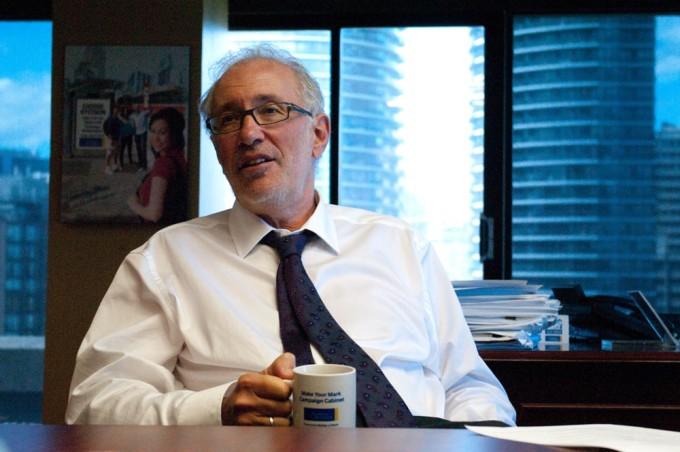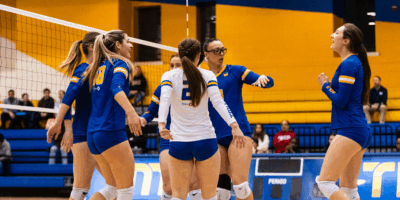By Sean Tepper associate
News Editor
With an air of uncertainty surrounding the government’s continued funding for university growth, Ryerson is making it a priority to create and approve a number of new undergraduate programs.
At his community town hall meeting on March 7, Sheldon Levy told those in attendance that this may be the last year that the university will receive funding for growth from the government and that future funding for new programs remains in jeopardy.
“We know that the government this year has provided additional resources for growth,” said Levy. “What we don’t know is what plans the government will have for future years and therefore a worry that if you plan these new programs [in the future] that the growth will be taken up by all the programs that the university started in 2012-13.”
A number of new programs will be offered in the coming years because of the economic advantage. As of now, students’ tuition fees pay for approximately 45 per cent of the program’s funding.
The other 55 per cent is provided by government funds and the uncertainty is when those funds will expire.
“There are a lot of factors that make this a dynamic situation,” said Alan Shepard, provost and vice-president academic.
With the growth money expected to end sometime between 2015-16, starting up programs as soon as possible will ensure that the government can cover the costs of a student’s four years in the program.
Shepard reiterated that the university would never create a program that they didn’t have funding for.
“What we can’t be sure is when the [government’s] commitment to growth will end,” he said. “If we wait until 2014 we might not get full funding for their four years.”
New programs such as environment and urban sustainability and history will be offered in the fall of 2012, while accounting and finance, philosophy and creative industries are all expected to be offered in 2013.
Most recently, the board of governors has approved the creation of an undergraduate professional communication program pending the senate’s approval. Other programs that have been proposed included bachelor degrees in real estate management, biomedical sciences and financial mathematics.
“The programs we create are one that really come from academic interest from the faculty,” said Levy. “There is confidence that there are good employment opportunities for students after graduation.”
Katie Sanchez, a second-year arts and contemporary studies (ACS) student, was excited when she found out that Ryerson would be offering an undergraduate history program in 2012 and considered switching into it.
However, after talking it over with her academic advisor, she decided to stick with her current program as she would have lost a number of credits in the switch.
“I think it’s good because ACS is so general and [history] is a more precise program,” she said. “I would have been in it if it was offered when I applied.”












Leave a Reply